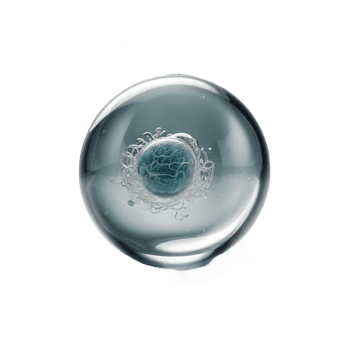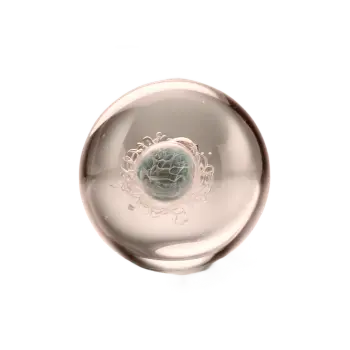Why is folate important during pregnancy?
Folate, also known as folic acid, plays a crucial role in supporting cell metabolism and the formation of red blood cells. Its significance becomes even more evident during pregnancy. Adequate levels of folate are essential for normal fetal growth, and deficiency can increase the risk of neural tube defects.
Folate in food and supplements
- Natural sources of folate:
- Lentils, chickpeas, green peas, and lentils are rich sources of folate.
- Leafy greens such as spinach, arugula, frisée lettuce, and lamb's lettuce.
- Cabbage varieties like broccoli, Brussels sprouts, and cauliflower.
- Berries like strawberries, raspberries, and blackberries.
- Whole grain products like bread, oats, and other whole grain cereals.
- Organic meat products like liver pâté and liver (with caution for pregnant individuals regarding liver consumption).
- Folic acid supplements:
- For individuals planning to become pregnant within a few months or those with insufficient folate intake from food, folic acid supplements are recommended.
- Pregnant women are advised to take 400 micrograms of folic acid daily until the twelfth week of pregnancy to reduce the risk of neural tube defects in the fetus.
The difference between folate and folic acid
Folate and folic acid are different forms of the same B-vitamin. While folate occurs naturally in food, folic acid is a synthetic form used in fortification and supplements. Folic acid is more easily absorbed by the body than folate.
When to start folic acid supplements?
To ensure optimal protection against neural tube defects, individuals planning to become pregnant are recommended to start taking 400 micrograms of folic acid daily a few months before conception. For pregnant women, supplementation is crucial up to the twelfth week of pregnancy; after week twelve, folic acid no longer has an effect on neural tube defects in the fetus. However, it is important to continue consuming folate/folic acid-rich foods throughout the entire pregnancy for fetal development and maternal blood formation.
Are you pregnant? Find out early with an early pregnancy test
One of the most reliable methods to early detect pregnancy is through an HCG blood analysis. HCG, or human chorionic gonadotropin, is a hormone that begins to be produced by the body shortly after the egg has implanted in the uterus, typically occurring between 5-10 days after fertilization. Learn more about the pregnancy test here.






















